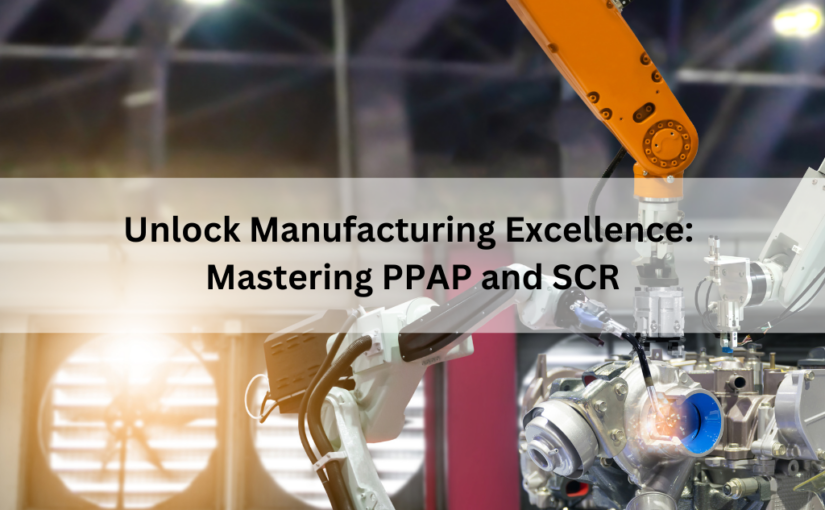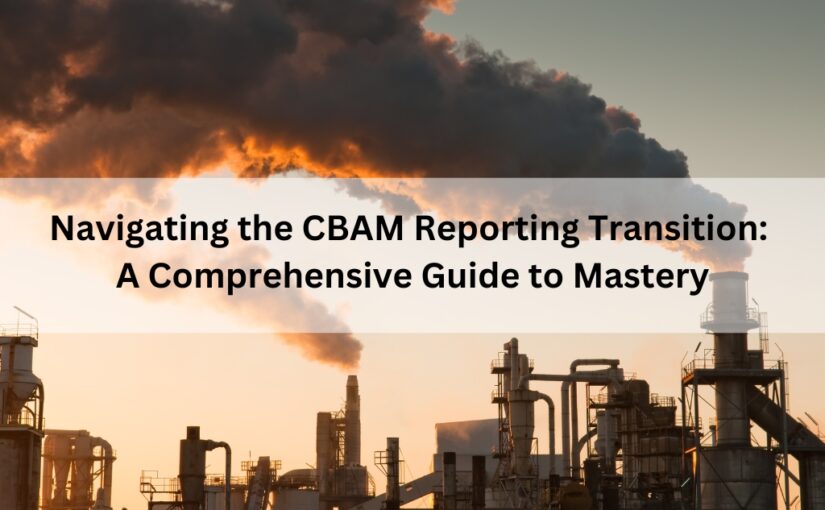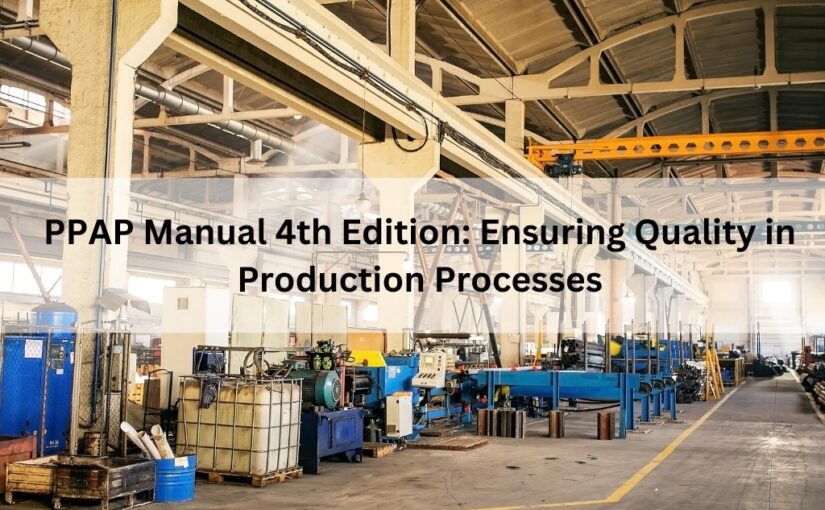Major Challenges in the PPAP Approval Process
June 29, 2021
Tags: PPAP Approval Process, PPAP Database, PPAP documentation, PPAP in production, PPAP standard, PPAP submissions

Every organization has to face a lot of challenges in PPAP approval process to fulfill requirements of the entire supply chain. A proper mechanism to handle the PPAP is the key to overcome such setbacks.
Here are some of the challenges in the PPAP approval process
- Lack of knowledge in preparing the PPAP documentation leads to incomplete DFMEA. Sometimes the Part design are without complete details & convoluted which would result in the manufacturing of defective products.
- The inadequate samples to study the capability would lead to uncertainty. Failure to conduct the Statistical Process Control study may result in defective/NG parts reaching the customer.
- Cost is one of the most important challenges any organization faces to acquire right manufacturing equipment to meet stringent product specifications. Inadequate infrastructure to launch modified product may not help meet the Customer Specific Requirements (CSR).
- Generally, cost associated with PPAP documentation will not be in contractual agreement, this is an additional cost, which an organization has to bear.
- Failure to produce required level of PPAP
- Resubmission of PPAP after the engineering change is difficult. Sometimes, PPAP is not prepared for the changes made in the 4M, due to which engineering changes are not communicated to the downline departments.
- Inability to capture all details in the Process Flow of a product development process. Special characteristic (Product and process critical characteristics) might not be identified as required. This leads to failure of Fit, Function and Safety.
- Control on special characteristics is challenging and so does the obtaining process capable index.
- DFMEA/PFMEA/Control Plan preparation may not involve the Cross Functional Team (CFT) members.
- Delay in PPAP submission: Failure to produce PPAP in-time: The product is in urgent need and marked so but the supplier fails to test and prepare the PPAP documents in-time would result in product disruptions.
There are many reasons for delayed submission of PPAP such as:
- Lack of awareness on PPAP process.
- Customer specific requirements not apprehended fully by the organization.
- Supplier is unaware of end user or testing requirements. Hence, even after the PPAP approval, product might get rejected.
- Capturing the ECN changes not in line with the all documents.










